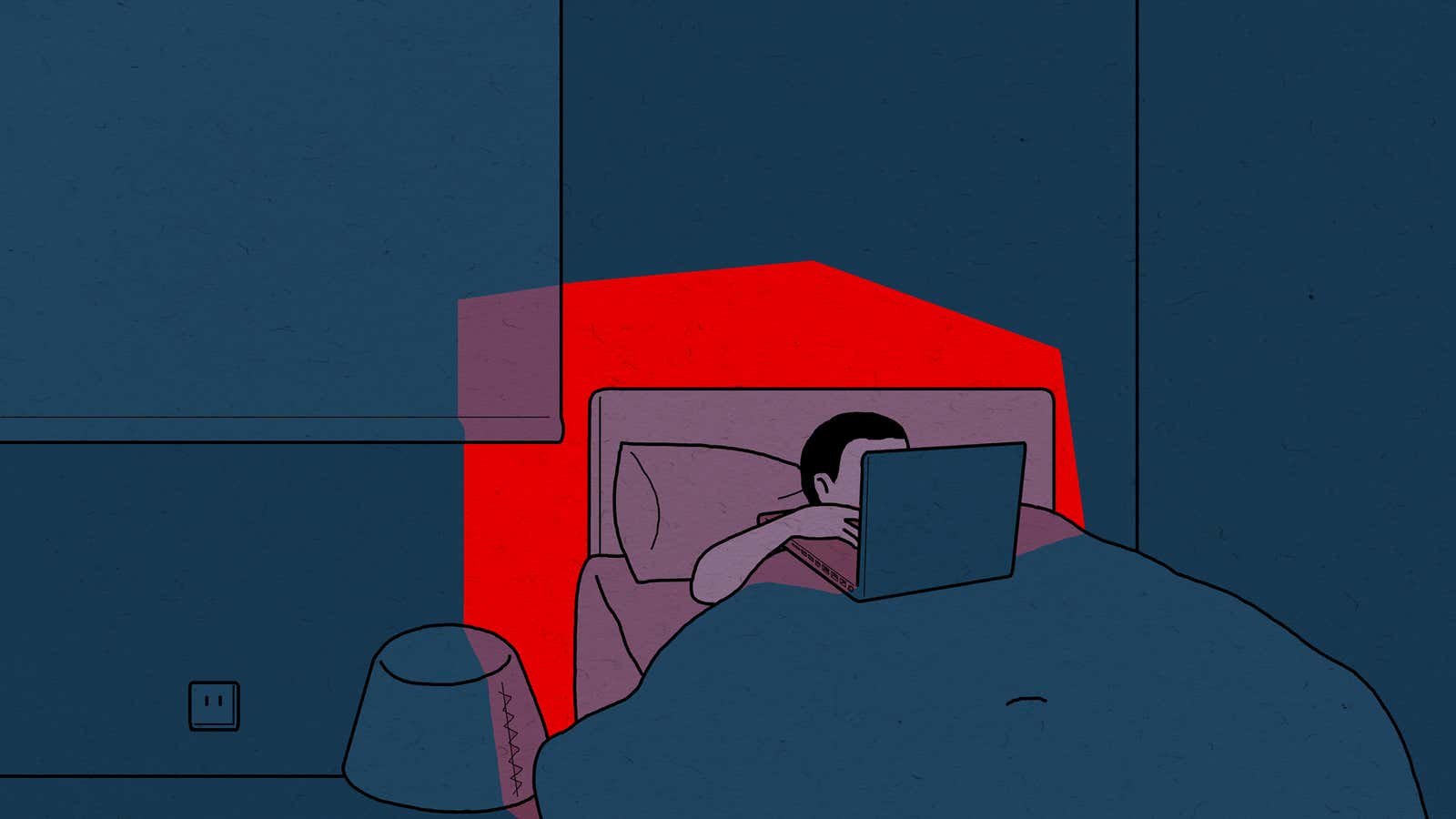I was still a fairly young man, 38, when I found a job with Larry Flynt’s notorious Hustler magazine. Starting in a junior editorial spot, I eventually became executive editor, working directly with Larry and his now late wife Althea.
It was a mostly unspoken doctrine at Larry Flynt Publications that the glossy pictures and stories jammed in between so-called “girl sets” of photos were aimed at arousing our male “readers.” I recall the associate publisher rejecting a collection of photographs of a naked model by shouting at the art director, as he tossed the pictures at the offending employee:
“No one’s gonna stop what they’re doing and drop their pants and start pounding their dicks when they see this shit! Bring me some stuff that’ll give ‘em a hard-on!”
For those Hustler buyers who really did read the articles, we carried exposé journalism, much of which was touted on the cover as “shocking,” as in “Shocking Exposé!” I think Larry may have been the only Hustler staff member who really believed that people dropped a few bucks for the magazine so they could actually read investigative reportage.
But even Larry gave me that same bit of advice that many thousands of editors of thousands of publications have known over the century-plus of magazine publishing: “Lee,” he once drawled in his backcountry Kentucky twang, “Always put a pretty woman on the cover of your magazine.”
He meant any magazine.
“Of course,” I replied.
Today, internet pornography—so popular and so cheap—is killing men’s magazines like Hustler and even the venerable Playboy.
Five years ago, in a move designed to cut costs, reduce staff and increase profits, Playboy announced it would outsource most of its operations to American Media Inc. Larry Flynt himself has predicted the demise of Hustler Magazine, with its glossy photos of bewitching blonde babes on brass beds and brazen bronzed brunettes on broiling beaches.
In a January 2014 interview with Erin Moriarty of CBS, Flynt announced that he didn’t expect Hustler, the heart of his porn empire, to last more than two or three years. He added that the magazine’s monthly circulation had dropped from a high of 3 million readers to about 100,000. But the truth is, even Flynt’s onetime high of 3 million monthly readers can’t compare to the 32 million visitors now recorded monthly on adult website LiveJasmin.com.
Our appetite for pornography on the internet seems to be growing. While overall estimates of the size of the digital porn industry range from 30% of global web data to a not-insignificant 4%, other metrics indicate a burgeoning business. In 2005, major commercial porn site Clips4Sale offered 100 fetish categories, according to Guardian science writer Martin Robbins. Today, the same site offers over 946 different categories of pornography. Porn consumers are also spending more time with the product—in the same period, notes Robbins, the average pornographic clip duration has lengthened from eight minutes to nine-and-a-half.
Why can’t all that desire keep Hustler alive? The internet revolution means a lot, but its major advantage over print is that it offers masturbation sessions without risk of human interaction in the marketplace or in the home.
No longer will husbands and sons have to hide their smut beneath their mattresses, or their X-rated videos on a high closet shelf. Now they only have to remember to erase traces of their horny wanderings from the histories of their computers or smart-phones, or other digital devices.
Gone, too, is the dirty old man cackling or, as stereotype held, drooling, as he pages through the racks over in the corner of the convenience store. He has a phone now.
But the biggest change from the pre-internet golden days of porn is the complete absence of face-to-face transactions between customer and purveyor, at seedy dirty book stores, at adult cinemas, at liquor stores. Obsolete now is prurient-minded sales clerk, who once leered knowingly, salaciously, at the nervously horny men, young and old, when they asked, “Put it in a bag. Please.”
The internet’s cloak of invisibility eliminates teenage boys’ fear that some bookstore clerk knows what they’re up to.
It eliminates the fear that you will bump into your boss or next door neighbor, and that they will look at your selection and comment knowingly, “Like ‘em with big butts, huh?”
The absence of a judgmental sales clerk or passerby is likely comforting to the men out there who don’t feel quite at ease with their own odd, unusual, or unsavory little fantasies. But I fear, too, that the ease and freedom with which a tumescent teen can now hook up with a seemingly-willing digital sex goddess makes it all too easy—the risk is forgoing physical, human connection through actual sexual intercourse, altogether!
Alexander Graham Bell, we once speculated in an old Hustler joke, only invented the telephone so that he could make obscene calls. As a man who has purchased, produced and written more than his share of what we called girlie magazines, I suspect today that the wizards of Silicon Valley may well have done the same; developing the internet so that we could not only find good smut, but jerk off in peace.
Former Hustler editor Lee Quarnstrom’s memoir, “WHEN I WAS A DYNAMITER, or How a Nice Catholic Boy Became a Merry Prankster, a Pornographer and a Bridegroom Seven Times,” published by Punk Hostage Press, is available at: CreateSpace and Amazon.
